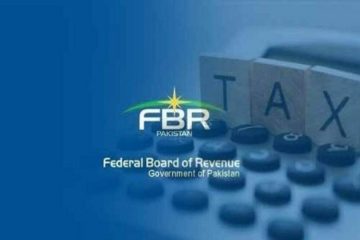Purchasing property in Pakistan involves various legal and financial considerations, including advance tax on the transaction. This article delves into Section 236K of the Income Tax Ordinance (ITO) 2001, explaining who collects it, at what rate, and its applicability.
Who Collects Advance Tax?
The person responsible for registering, recording, or attesting the property transfer, such as the registrar of properties, housing societies, or local authorities, collects advance tax at the time of transfer.
Advance Tax Rates:
- 3%: For individuals with a valid Computerized National Identity Card (CNIC) and name on Active Tax Payer List (ATL) (filer).
- 10.5%: For individuals without a valid CNIC or Inactive on ATL (non-filer).
Who is Exempt from Advance Tax?
- Expatriate Pakistanis: If the purchase is made under a specific government scheme for expatriates using foreign exchange remitted from outside Pakistan.
- NRIs with FCVA/NRVA accounts: Non-resident individuals holding a Pakistan Origin Card (POC) or National ID Card for Overseas Pakistanis (NICOP) who purchased the property through authorized foreign currency accounts face no further tax liability.
Key Points to Remember:
- Advance tax is a preliminary payment towards your final capital gains tax.
- The collected tax is adjustable against your final tax liability.
- If you buy property in installments, tax might be collected with each installment, eliminating the need for further tax at transfer.
- Consult a tax advisor for personalized guidance and ensure compliance with all applicable regulations.






